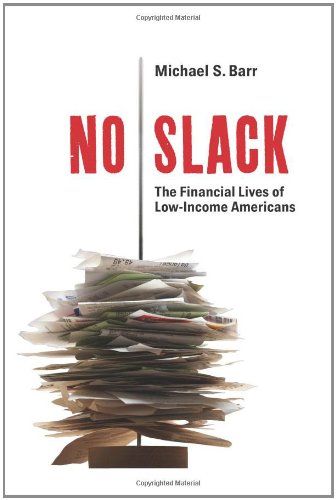

Most ebook files are in PDF format, so you can easily read them using various software such as Foxit Reader or directly on the Google Chrome browser.
Some ebook files are released by publishers in other formats such as .awz, .mobi, .epub, .fb2, etc. You may need to install specific software to read these formats on mobile/PC, such as Calibre.
Please read the tutorial at this link: https://ebookbell.com/faq
We offer FREE conversion to the popular formats you request; however, this may take some time. Therefore, right after payment, please email us, and we will try to provide the service as quickly as possible.
For some exceptional file formats or broken links (if any), please refrain from opening any disputes. Instead, email us first, and we will try to assist within a maximum of 6 hours.
EbookBell Team

4.8
84 reviewsThe financial crisis lay bare how the financial system failed the nation but left hidden the many ways in which that system still fails the most vulnerable Americans. In this volume, Michael S. Barr explores how low- and moderate-income households cope with financial stress, use financial services to make ends meet, and often come up short.
Reporting on the empirical results of an in-depth survey of 1,000 households in metropolitan Detroit, Barr finds that high-cost financial services, barriers to saving, lack of insurance, and credit constraints contribute to poverty and other socioeconomic problems. He describes how households attempt to overcome these barriers, juggle expenses and borrowing every month, and find ways to save. The author shows, for example, how tax refunds for working families can be an important avenue for saving but are often diverted in no small part to pay for expensive refund anticipation loans or check cashing services.
No Slack describes the use of banks as well as alternative financial services providers, such as check cashers, payday lenders, pawnshops, and the like. Particularly salient in light of the nation's housing crisis, the author also explains how many low-income and minority households received high-cost, complicated mortgages.
Barr analyzes how technological innovation, particularly payment cards, can help overcome barriers to financial services for these households. He then explores how insights from behavioral economics can contribute to private sector and governmental initiatives to improve financial services for households and lead to better financial services regulation. The book concludes with a set of policy recommendations to improve consumer protection and financial access as we rebuild our financial system in the years ahead.